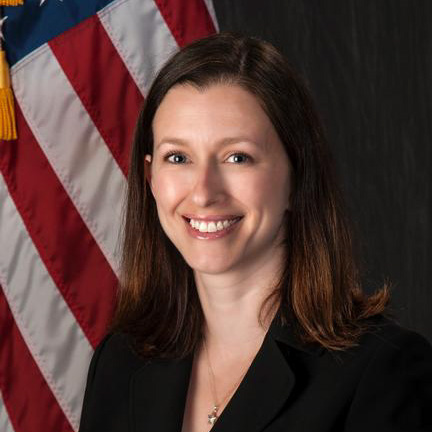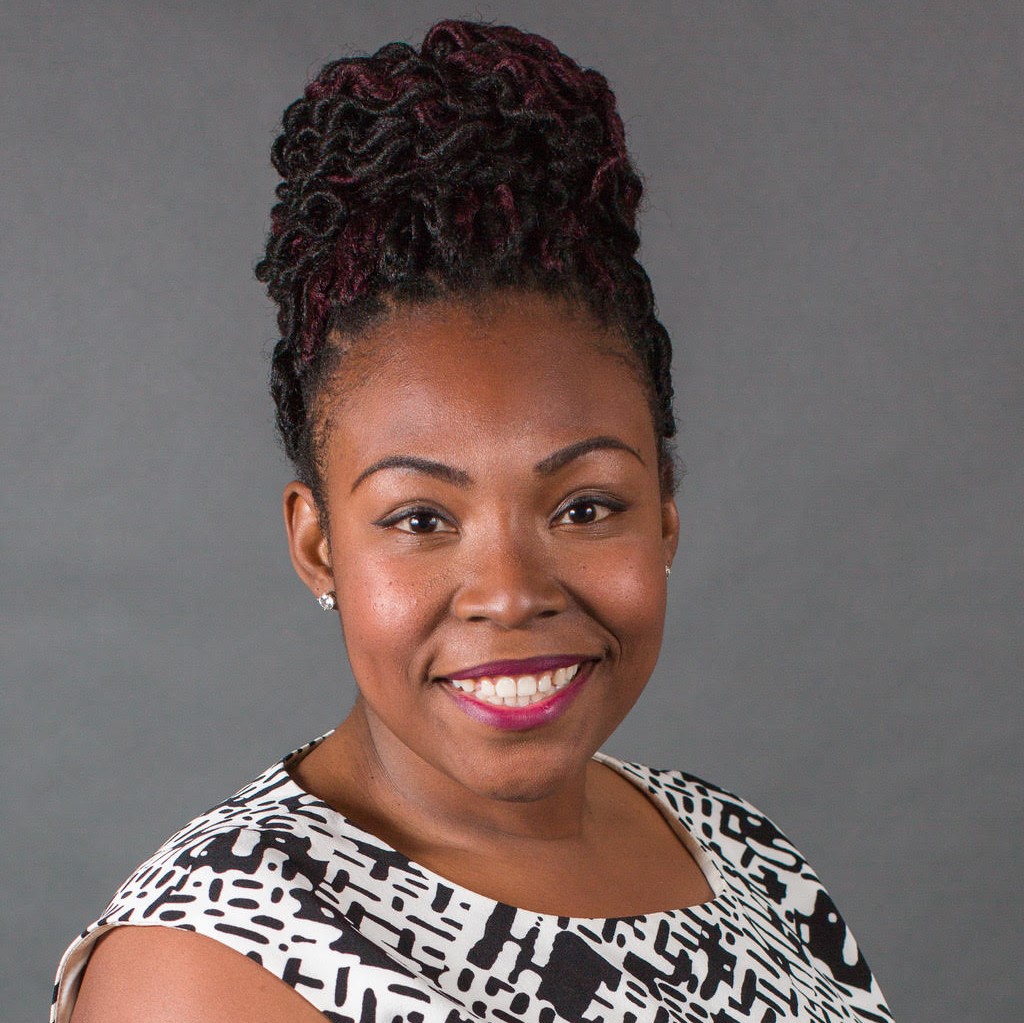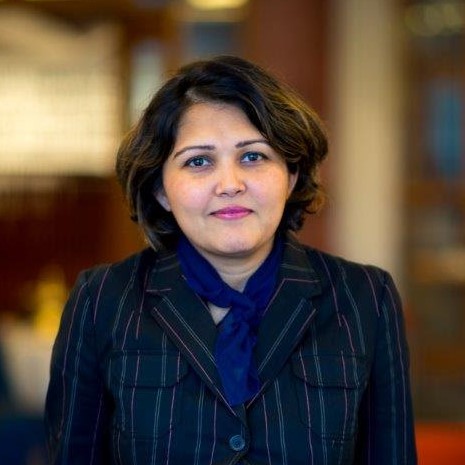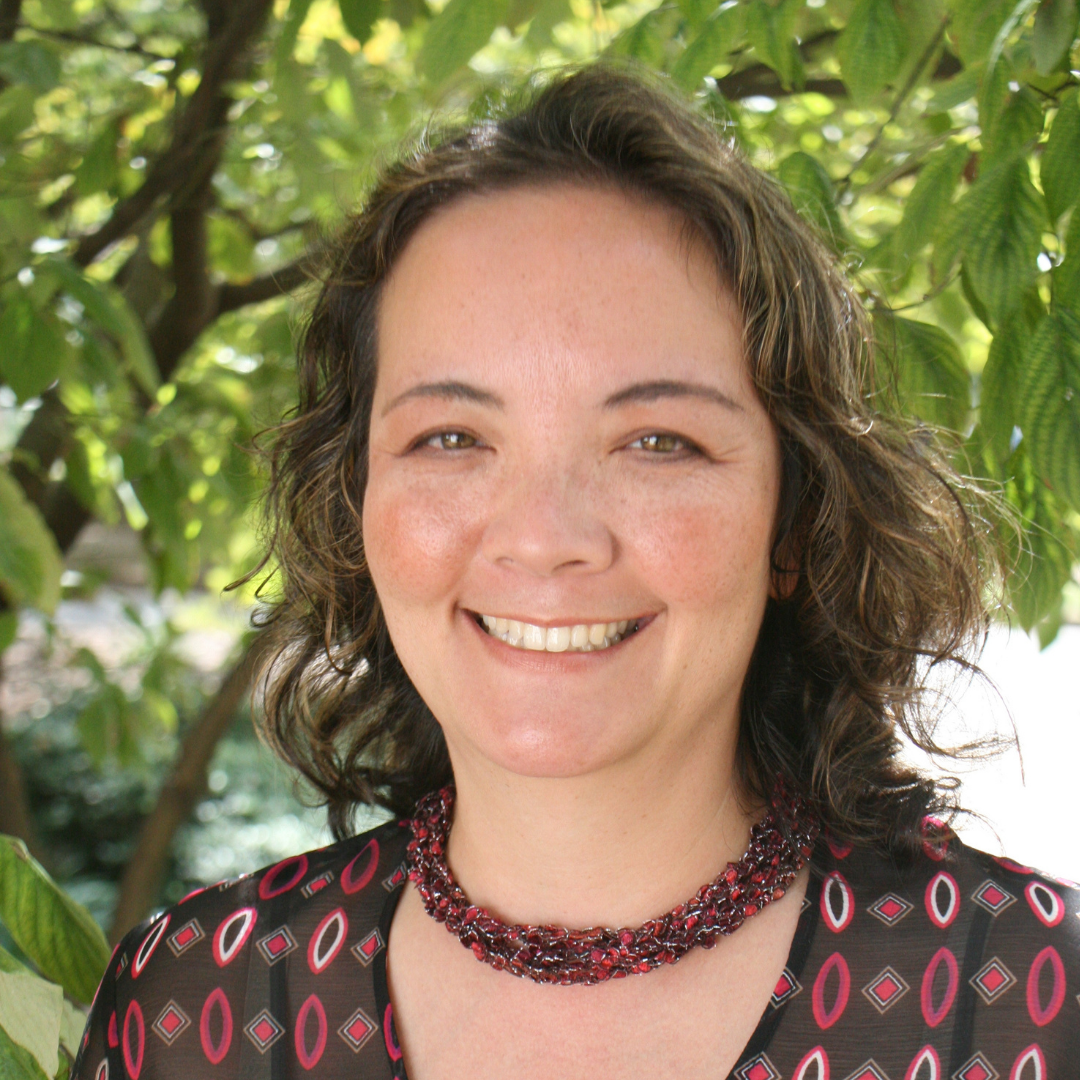- About IOA
- About Ombuds
- Membership
- Events & Training
- Certification
- Resources
- Publications
|
Important Update: The CO-OP® credential is now called Certified Organizational Ombuds. We are currently in the process of updating our website to reflect this change. Catch up with the latest news from the Board of Certification regarding a new individual certification model for organizational ombuds. Certification UpdateAbout the Board of Certification for CO-OP®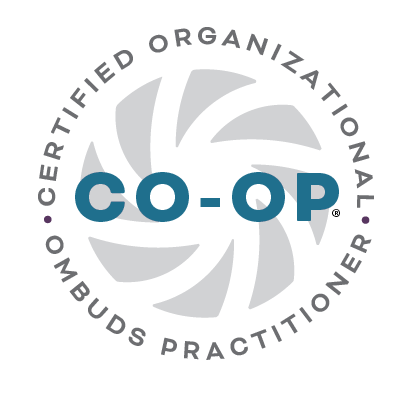 The Board of Certification for Certified Organizational Ombuds Practitioners (Board of Certification) is the certifying body authorized to award the Certified Organizational Ombuds Practitioner® (CO-OP®) credential. The mission of the Board of Certification is:
Connection to IOAThe Board of Certification for CO-OP® was established by the International Ombuds Association (IOA) to oversee the certification process of organizational ombuds. IOA is the premier organization serving the organizational ombuds profession. The certification program for organizational ombuds practitioners was developed under the auspices of IOA over the course of five years of planning, seeking feedback from members, and assessing the results of a market survey. Although the Board of Certification is, and for the foreseeable future is expected to remain, a division of IOA, the Bylaws of the Board of Certification provide that the Board of Certification, not IOA or any other organization, has the sole discretion to manage and make all decisions relating to certification matters. Certification does not require membership in IOA, participation in IOA training, or attendance at IOA conferences. Board Information & Policies
CO-OP® Board of Directors
*Officers of the Board of Certification are chosen from among the Board of Directors. Ethics Statement: The Board of Certification of Organizational Ombuds Practitioners®, (CO-OP®) is dedicated to the advancement and recognition of the organizational ombuds profession by awarding a certification credential to those meeting specific requirements. Based on the traditions and values of organizational ombuds practice, the CO-OP® Board of Directors, as well as all participants in the governance of the Board of Certification, including members of committees and task forces, promote and engage in ethical conduct in the performance of their Board duties and in exercising their Ombuds role. |

